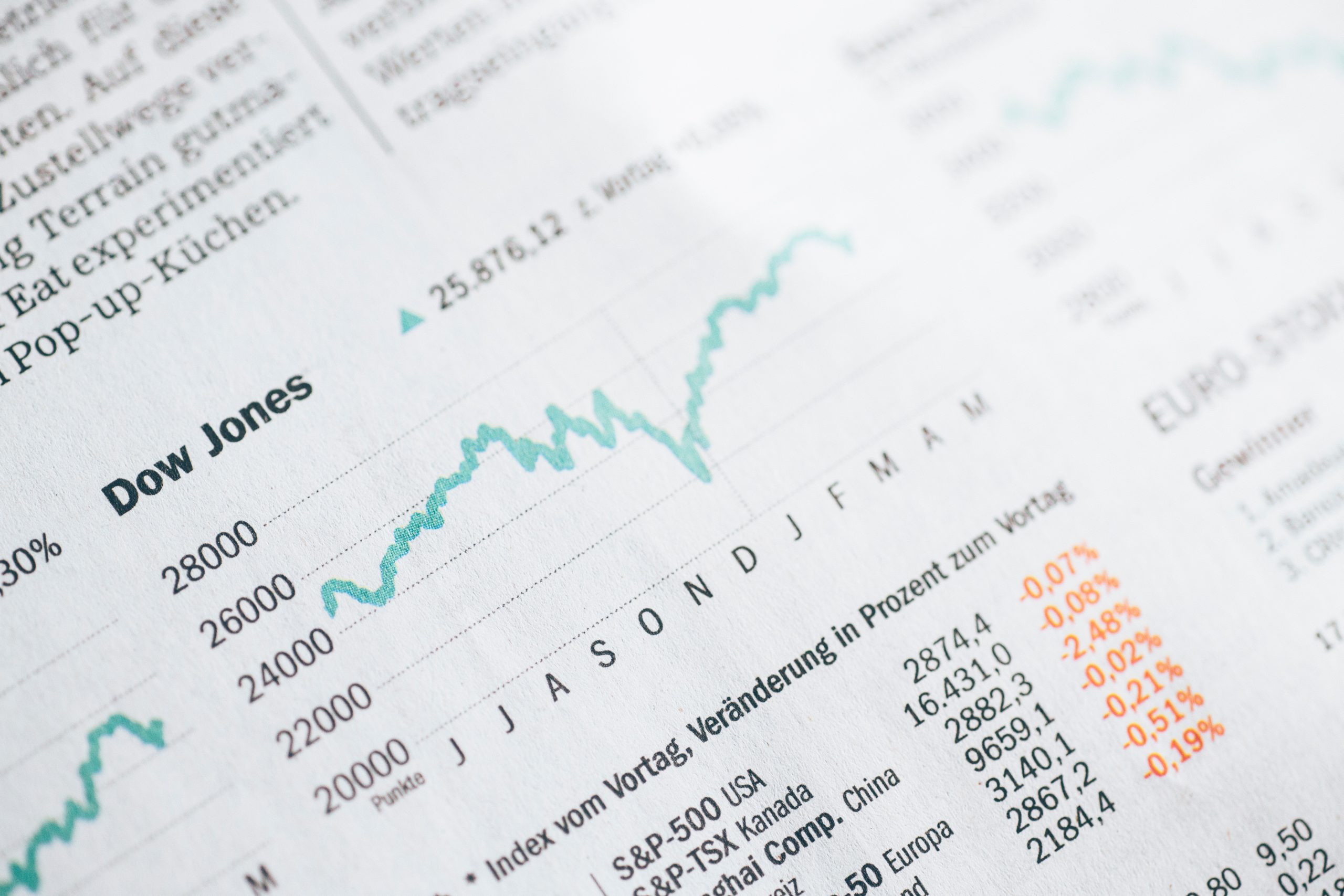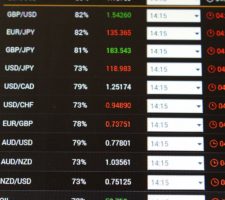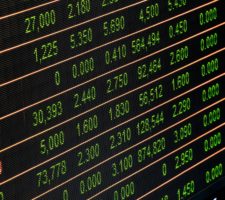If you are new to trading, one of the first questions to ponder is, which is better: stocks or forex? Is forex riskier than stocks?
Which is more profitable? Well, there’s no simple answer, but to start, let’s begin with basic economics.
We live in a low-interest environment, and central banks globally are still wrestling with low growth, and loose monetary has been their primary answer over the years. Simply put, leaving money in the bank does little to no good.
In most countries, the interest paid in savings is less than the inflation rate. As a result, people are on the search for better investment platforms, like the well-established markets of stocks and forex.
Alternatively, futures or commodity trading could be a possibility too. However, the barriers of entry as initial investment and regulation are too hard to pass for individual investors.
In this read, we are going to dive deeper by comparing the stocks and forex and help you make an informed decision on where to invest your money.
Stock Trading Vs. Forex Trading

Stock trading entails buying and selling shares of companies, while forex trading involves exchanging (buying and selling) currencies between two countries. This implies that the underlying mechanisms in both are different and can be advantageous in certain situations.
Stock trading is ideal when the market is rising, as low liquidity makes it hard to short sell in a falling market. On the contrary, forex trading can be suitable in any scenario as the liquidity is usually high and involves both buying and selling.
What Do Forex and Stock Trading Have in Common?
Although stock and forex trading are mostly marked by their differences, they have a few things in common. Both entail taking advantage of shifts in prices with the aim of making a profit while taking a risk that the currency or stock you are holding will rise or all.
Additionally, traders in both rely on technical or fundamental analysis to predict price movements.
Is Forex Riskier Than Stocks Trading?
To correctly answer this question, it’s essential to take a look at the inherent differences between the two and how they can impact your decision.
Differences between stock and forex trading:
Volume
The sheer size of the foreign exchange market is perhaps the biggest difference between the two. About $5 trillion is traded on the forex market daily, with most of it concentrated on several major pairs such as EUR/USD, GDP/USD, USD/JPY, and USD/AUD.
The foreign exchange market dwarfs the stock market, which averages about $200 billion per day.
Such a considerable trading volume has numerous advantages. A high volume means you can get your orders executed more efficiently and close to the prices you want.
All markets are susceptible to gaps, but more liquidity at every price point better equips you to enter or leave the market.
Liquidity
In comparison to stocks, forex is consistently and highly liquid. That’s because stocks are limited in supply to a lesser or greater extent as the represent company shares.
On the contrary, even though currencies have a finite supply, for the purposes of trading under normal conditions, they are infinite.
Round The Clock Markets
Foreign exchange is an over-the-counter (OTC) market, meaning that it’s not settled via a conventional exchange. This means that trading can happen globally during various business hours or trading sessions.
As such, forex allows you to trade at any time of day or night for five days. On the contrary, major stock indices trade at varying times, depending on the time zone of the respective exchange.
Are Stocks Easier than Forex?
Knowledge differs in these forms of trading and can lead to varying results. Stocks being more familiar or easier isn’t necessarily true, but it can be justified, technically.
We all know what currencies are, particularly those that we use every day, but we do not know all the details that affect the exchange rate. It could be politics or the economy.
With stocks, however, except the macro-conditions also the micro situation of every company impacts the price.
Is Forex Riskier Than Stocks?
Superficially, forex trading will always seem like the risker route as it depends on trying to make a profit from quick and small movements and taking short-term decisions. On the other hand, stocks trading entails having a longer-term view of the worth and stability of a company.
Stock trading is usually connected with long-term positions. Forex is more about short-term trading.
As such, comparing the two is not just a question of comparing the risk factors in each. It’s all about weighing the ups and downs of the two forms of trading.
So, Which is Better for You?
Whether forex or stock trading is better for you primarily depends on your goals, risk tolerance, and trading style. Forex trading involves less regulation and more leverage compared to stock trading.
This makes it risker and more lucrative. On the contrary, forex trading is usually easier than having to track stock markets, given there only a handful of common forex pairs compared to the thousands of stocks out there.
Also, forex trading takes place 24-hours per day, meaning you may have to work at odd hours in order to realize certain trades.
Ultimately, it is best to do your homework and try both on demo to see which one best fits your trading style and interests. Use the information in this read to ensure you start on the right path.


